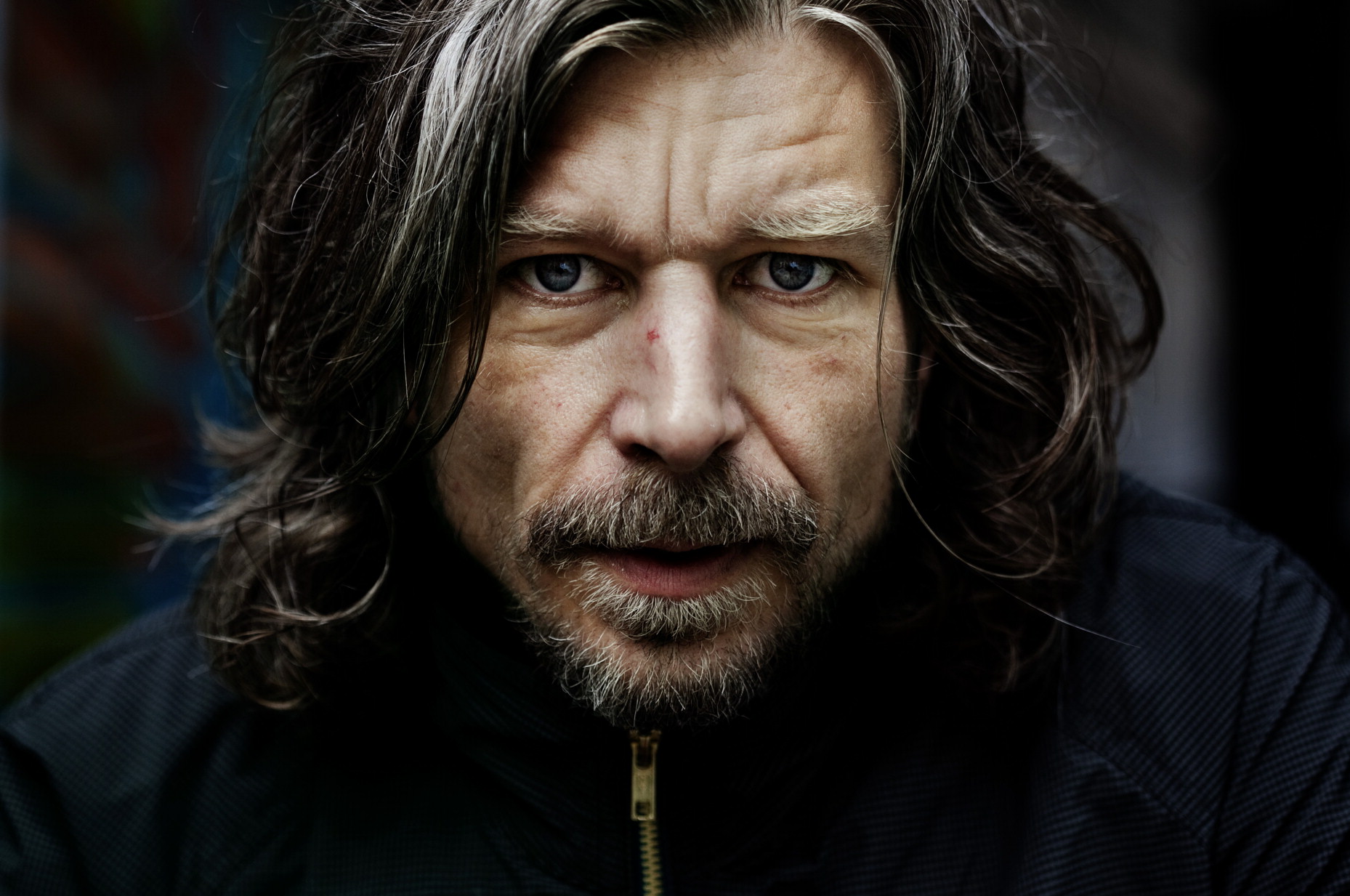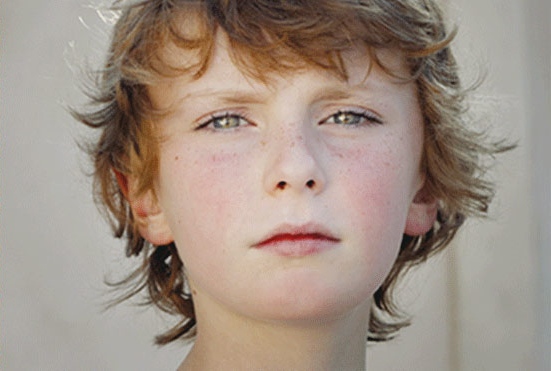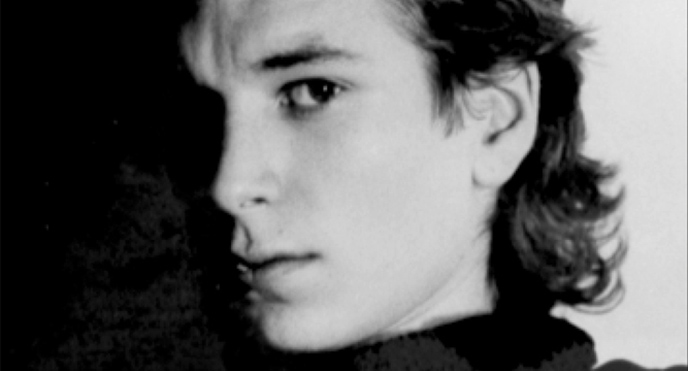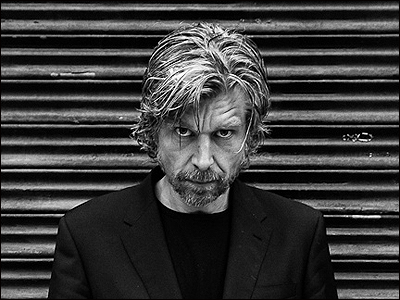My Struggle, volume 2: Omari, June 24
Philadelphia, PA
Dear Dan, Cecily, and Diana,
If these volumes had subtitles, I might translate this one to When Knausgaard Meets Sweden But Wishes (and Doesn't Wish) that He Was Still in Norway. As much as this volume of My Struggle is about K's three children and his courtship of Linda, what interested me most was how these main narrative arcs interacted with his relationship with his new home. In my last letter, I ended up editing out a comment on the lack of attention to the national in the first volume. To the American reader with no sense of the salient cultural distinctions between Norway and Sweden (i.e., me), these spaces became interchangeable, lost under the banner of Scandinavia and comically attached to my own personal history with IKEA (long and tortured).
Despite Swedish and Norwegian being languages that are similar enough that linguists call them partially mutually intelligible (that is, the languages are about as similar as Spanish and Italian so one could learn the other with little effort [yes, I looked this up]), K makes it clear that he isn't willing to do the work of becoming fluent. Even after Vanja is born and he has been living in Stockholm for years, K is unable to manage even the basic conversational phrases of a first semester language student: "The red-haired woman came from behind the counter when the doorbell rang, I said what I wanted, one of the big sourdough loaves, six of the whole wheat rolls, two cinnamon buns. I pointed at the same time, because even the simplest Norwegian words were met with a 'what?'" (371). Though in most other novels I would attribute K's exasperation with the cashier as a petty attempt at adhering to a cultural nationalist ethos, the unwillingness to learn the Swedish words for not only basic necessities but frequent purchases marks, rather, a petty attempt at holding onto his delicate masculinity.

Kanelbulle (You're welcome, K.)
Of course, K claims to want gender equality and he's generally fine taking care of his children during the day while his wife finishes school. But, for him, pushing a stroller symbolizes being a part of the larger cultural effort toward equality, and that's uncomfortable for K. The stroller undercuts his masculinity as it dooms him "into the [feminizing] thralls of softness and intimacy" (89). The language confusion with the clerk at the market represents K's style of equality more closely, what he's willing to give up and what to retain: he can take care of his child and get away with ogling beautiful women while still keeping his distance from them—his preferred mode of ogling.
I find myself somewhat charmed by a hapless fatherhood that simultaneously deconstructs and stridently reifies gender roles. I no longer bristle when K insinuates that handling three children in public is less potentially feminizing because it deftly displays both expertise and efficiency. I chuckle to myself when he notes that Swedish fathers shaving their heads to keep the world from knowing that they're balding is a "feminized aspect of their actions" (74). What When Knausgaard Meets Sweden But Wishes (and Doesn't Wish) that He Was Still in Norway does better than its predecessor is tap into a wider range of affective responses for a man who obviously feels as deeply as he thinks but wants to pretend that this is not true.
For instance, I understand K's claims about poetry and how poetic language and its accessibility is more about affect than intellect because this perspective so keenly reflects my own sometimes:
I could read [poetry], but poems never opened themselves to me, and that was because I had no 'right' to them: they were not for me. When I approached them I felt like a fraud, and I was indeed always unmasked, because what they always said as well, these poems, was: Who do you think you are, coming in here? That was what Osip Mandelstam's poems said, that was what Ezra Pound's poems said, that was what Gottfried Benn's poems said, that was what Johannes Bobowski's said. You had to earn the right to read them. (142)
How does one earn the right to read that which resists comprehension? K initially offers two solutions to the problem of inaccessible poetic language: accept that you're of the hoi polloi and poetry will never open itself up to you, or deny it and either write a shitty dissertation or write poetry yourself. I'm firmly in the denial camp, as I crawl to the finish line of a dissertation that may not be about poetry but is about prose that I never feel confident I "truly get." I also vaguely remember writing poetry on the back of church bulletins after reading Keats in high school (one of these poems was about watermelon, if I remember correctly. For obvious reasons, I hope I shredded that particular bulletin).
It isn't rigorously studying poetry or the arts that makes the incomprehensible comprehensible for K; instead, it's a combination of puppy love, co-dependency, and finding a swimming partner. Alongside the emergence of Linda and K's romance comes all of the possibility that would feel trite in a Nora Ephron novel but feels authentic here in a man who often seems to only know affective extremes:
In Stockholm we [K and Linda] went swimming, we lay in parks reading, we ate in restaurants, it didn't matter what we did, it was the fact that we did it that was important. I read Hölderlin, and his poems flowed into me like water, there was nothing I didn't understand, the ecstasy in the poems and the ecstasy in me were the same, and above all this, every single day throughout June, July, and August, the sun shone. (227)
It's like the perfect Caribbean vacation where you're with your new beau, drunk on Mai Tais, and pretending that Finnegans Wake finally makes sense to you because on that beach and in that moment we are all a commodious vicus of recirculation. Hölderlin's poems don't become palatable because K has newfound insight; they become legible within a larger affective event in which intelligibility's made up and the points don't matter.
Originally, I thought that K's non-mastery of Swedish was a symptom of a refusal to allow what was supposed to be a temporary move to take a permanent place within his thoughts. Yes, he enjoys living in Sweden, but not knowing the words for supermarket items keeps him detached in some measure. But, in the same way that the barrier between him and Hölderlin's poetry melts away when Linda opens up his heart, I figured that once he learned how to love Vanja that this bond between him and his child (this ultimately Swedish thing) would open him up to Sweden more broadly. I assumed that this language that would only take minimal effort to learn would flow through him just as easily as Hölderlin's verse finally did while in the throes of his love affair with Linda. After K comes to terms with fatherhood, I expected a scene in which he hurries to a café and masculinely does bicep curls with Vanja in one hand and a Swedish dictionary in the other.
But, that moment never comes. Linda and K have two first meetings: one at a seminar for Nordic writers in Biskops-Arnö and then again years later when he decides to move to Stockholm. There is a perverse serendipity in Linda and K ever meeting again—K could have moved to London or anywhere else, after all—but I was surprised that their second chance went so smoothly. The first was ruined when K mutilated his face with the jagged shards of a thrown glass after Linda informed him that she fancied his friend. When K finally gets to see Linda's apartment after reconnecting, a rather pedestrian conversation (when translated in English) has considerable, even if brief, implications:
As she placed a cup of tea in front of me, she said:
"I think I'm becoming fond of you, Karl Ove."
Fond? Was that all? And she said that to my face?
"I like you a lot as well," I said.
"Do you?" she asked.
There was a pause.
"Do you think we could become anything other than friends?" she asked after a while.
"I want us to be friends," I said. (218)
It's only later that we realize that these two lovers are having two different conversations. Oh, K. How unfortunate that you didn't know that kjær signifies something different in Swedish (fondness like that you would express towards a lover) than in Norweigan (fondness like that you would have had for an aunt). For someone who hates feeling like other people know more than him, why must what your friend Geir calls your nature keep you from figuring out what the words for "cinnamon bun" are?
Perhaps, again, I'm being too harsh on a man who clearly is uncomfortable not only in the public eye, but in public in general. I sometimes have about as difficult a time with K the writer as K the character has with Swedish. Do Knausgaard's words flow through me like Hölderlin's flow through K when he falls in love? I can't say that they do. But it comes back to something that we spoke about over bibimbap: maybe K's autobiographical novel is not just artifice but an elaborate joke. Perhaps I've spent too much time contemplating what is virtual and what is actual when I should be spending more time laughing. I did genuinely chuckle at K's petulant anger after he "swayed from side to side with Vanja in [his] arms, thinking that this must be what hell was like, gentle and nice and full of mothers you didn't know from Eve, with their babies" (78). I have "lol" written in the margins when K speaks at uncomfortable length about how absurd caesareans are, literally three lines after saying, "Births are an intimate and sensitive topic of conversation for women, there is a lot of covert prestige and as a man the only possible option is to keep well away. To refrain from expressing an opinion" (411).I think part of my reservations come from not wanting to believe that the literary world has showered accolades onto someone I've described in private as almost a men's rights activist. But, if this is the real K standing up—brash, opinionated, contradictory, and emotionally immature—shouldn't I just open myself up to him and take him at his word?
But then, what does "opening up" even mean? Perhaps it's as empty a signifier as K's "feminized."
Pettily yours,
Omari
ALSO IN THIS SERIES:
The Slow Burn, v.2: An Introduction
My Struggle, vol. 1: Cecily, June 6
My Struggle, vol. 1: Diana, June 9
My Struggle, vol. 1: Omari, June 14
My Struggle, vol. 1: Dan, June 17
My Struggle, vol. 2: Omari, June 24
My Struggle, vol. 2: Cecily, July 1
My Struggle, vol. 2: Sarah Chihaya, July 5
My Struggle, vol. 2: Dan, July 12
My Struggle, vol. 2: Diana, July 16
My Struggle, vol. 2: Jess Arndt, July 18
My Struggle, vol. 3: Omari, July 25
My Struggle, vol. 3: Ari M. Brostoff, August 1
My Struggle, vol. 3: Dan, August 4
My Struggle, vol. 3: Jacob Brogan, August 8
My Struggle, vol. 3: Diana, August 12
My Struggle, vol. 4: Katherine Hill, August 25
My Struggle, vol. 4: Omari, September 1
My Struggle, vol. 4: Dan, September 2
My Struggle, vol. 4: Diana, September 15
My Struggle, vol. 5: Omari, September 27
My Struggle, vol. 5: Diana, October 3
My Struggle, vol. 5: Dan, October 13





